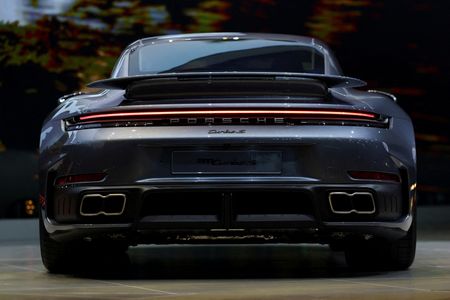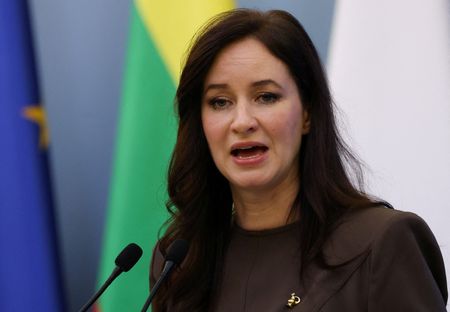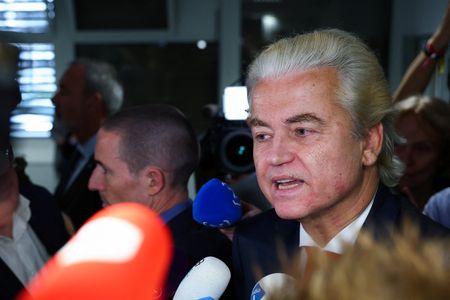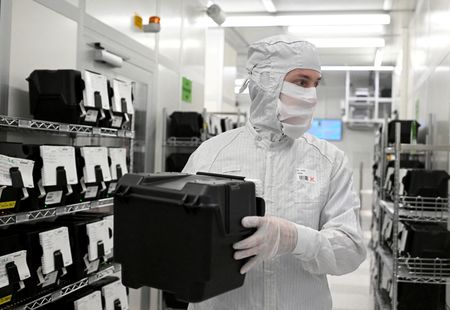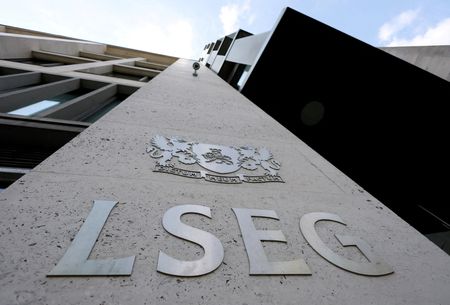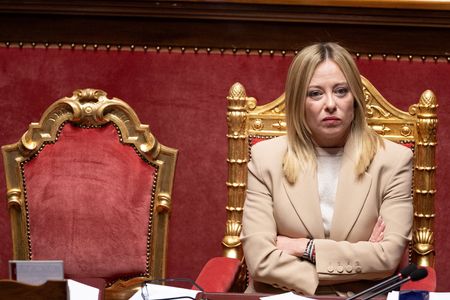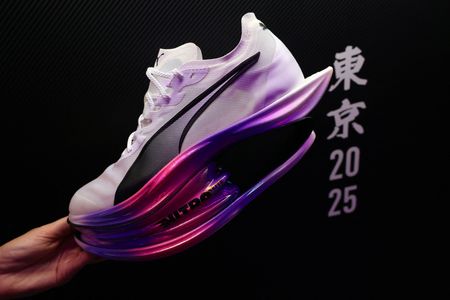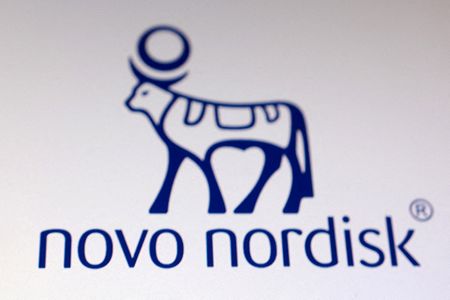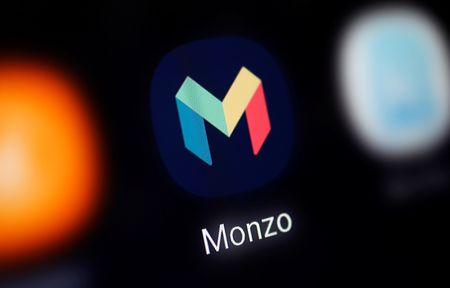By Rachel More and Christina Amann
BERLIN (Reuters) -An expensive course correction at subsidiary Porsche dealt Volkswagen a hefty blow in the third quarter, resulting in a 1.3-billion-euro ($1.5 billion) operating loss and piling billions more in costs on top of pressure from U.S. tariffs.
Volkswagen booked 4.7 billion euros in charges due to Porsche’s strategy reversal on electric vehicles announced in September, while U.S. import tariffs and subsequent lower sales were expected to cost Europe’s biggest carmaker up to 5 billion euros this year, the company said on Thursday.
The tariff hit heaps more pressure on Volkswagen boss Oliver Blume, who will hand over the CEO role at the troubled Porsche division early next year, after he warned last month of a multi-billion-euro hit. Former McLaren boss Michael Leiters will take over at Porsche.
TARIFF WOES WILL CONTINUE
Volkswagen’s finance chief, Arno Antlitz, said at least 4 billion euros of the tariff costs were direct, with the rest linked to lost margins due to countermeasures.
The company sees some leeway to stem the additional costs, for example by tightening its belt or moving more production to the U.S., with a decision on whether to set up a plant there for subsidiary Audi expected by the end of the year.
Volkswagen shares were up as much as 2% in volatile trade after the results before turning negative to trade down 1.1% by 1134 GMT.
It was a “mixed picture”, Antlitz said, pointing to strong demand for Volkswagen’s cars in Europe offsetting weakness in China, but its increasingly popular electric models were more expensive to make, weighing on profitability.
Volkswagen’s operating loss in the third quarter was down from a 2.8-billion-euro operating profit for the group a year earlier but less severe than the 1.7-billion-euro loss forecast by analysts in a poll by Visible Alpha.
Porsche, 75.4%-owned by Volkswagen, also slid deep into the red in the third quarter as it delayed an EV rollout in a bid to win back consumers with hybrids and combustion engines.
GUIDANCE KEPT BUT OVERSHADOWED BY CHIP SUPPLY CONCERNS
Blume’s move to give up his Porsche CEO job came after investors increasingly called into question his ability to lead the two companies simultaneously at a time of major challenges for both.
Volkswagen maintained its full-year guidance on Thursday but said this was based on the assumption of an adequate supply of chips, hinting at the carmaker’s next battlefront as a trade stand-off over Dutch chipmaker Nexperia threatens production stoppages in the automotive industry.
Antlitz said Volkswagen was working to secure production from supply shortages “day by day and week by week”.
($1 = 0.8575 euros)
(Reporting by Rachel More and Christina Amann; Additional reporting by Christoph Steitz; Editing by Kirsti Knolle, Kim Coghill and Emelia Sithole-Matarise)

